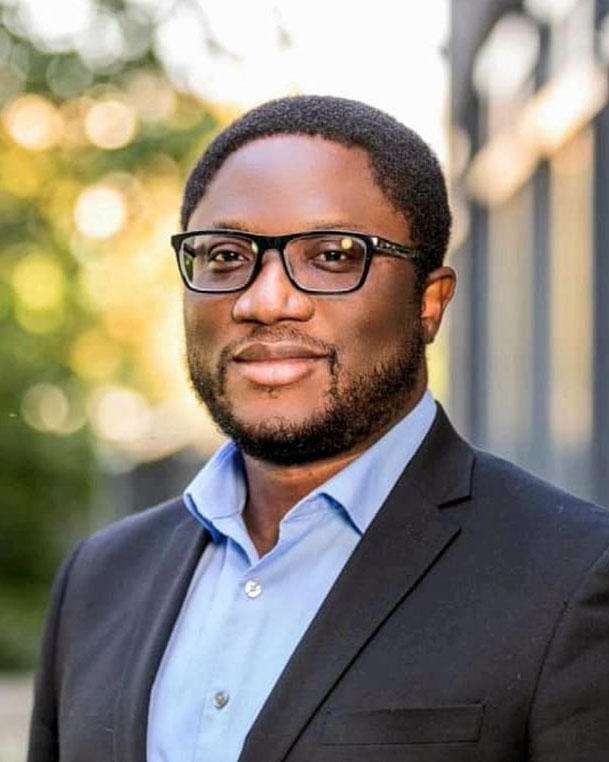Position Description
Dr. Abubakar is leading a program of research in computational pathoepidemiology that is focused on advancing scientific understanding into the causes of tissue ecosystem disruption and its role in cancer etiology, risk, progression, and clinical outcomes. Dr. Abubakar is looking for a postdoctoral fellow with a broad interest in this area of research; specific projects can be tailored to the individual’s particular substantive interest. The potential fellow will work on existing collaborative studies of cancer etiology (including etiologic heterogeneity), risk, disease progression, and clinical outcome with experts in cancer epidemiology, molecular and computational (including digital pathology and artificial intelligence) pathology, genetic epidemiology, and epidemiologic exposure assessment. The fellow will also have opportunities to develop new projects addressing these and other relevant research topics with data from multiple cohorts, case-control, and other studies. In addition, the fellow will have the ability to work with other investigators in DCEG to gain experience in different areas of research.
The candidate will have access to a large variety of career development training, including grant writing.
Learn more about the other advantages of being a DCEG fellow, including our distinctive research environment, mentorship, professional development, and compensation and benefits.
Qualifications
Applicants must have a doctoral degree or be enrolled in a graduate degree program in epidemiology, pathology, or related field (medicine, cancer biology, genomics, related biomedical sciences). Candidates with a PhD in pathology should hold or expect to soon attain additional qualification in public health, epidemiology, or related quantitative fields. Experience with research in observational studies or population genetics is desirable but is not required. Individuals with training in digital pathology, epidemiologic methods and biostatistics, strong quantitative skills, and excellent writing skills are encouraged to apply.
Applicants may be U.S. citizens, permanent residents, or foreign nationals (visa requirements apply). Candidates are subject to a background investigation.
To Apply
Please send a cover letter, curriculum vitae (CV) including bibliography, and the names and contact information of three references via email to Dr. Abubakar. Additionally, submit your CV to the Future Fellows Database so it can be reviewed by investigators across the Division searching for trainees. Review of applications will continue until the position is filled.
To explore other integrative tumor epidemiology fellowships, see the Integrative Tumor Epidemiology Fellowships Opportunities page.
For more information about this position, please contact Dr. Abubakar.
DHHS, NIH, and NCI are Equal Opportunity Employers
NIH provides reasonable accommodations to applicants with disabilities. If you require reasonable accommodation during any part of the application and hiring process, please notify us. The decision on granting reasonable accommodation will be made on a case-by-case basis.
